
Flattening Large Wood Slabs with a Router
Charlie KocourekSlabs of wood make excellent tables; the challenge lies in flatting them on the surface. In most cases, cool slabs will be too large for a planer or sander to handle; end grain slabs, on the other hand, will not be suitable for a planer. Fortunately, there is an easy way to flatten any oversized board using a shop-made jig and a router, and I’ll show you how.
For step-by-step instructions, check out our blog post: Flattening Large Wood Slabs with a Shop-made Jig and a Router
Share tips, start a discussion or ask one of our experts or other students a question.
Make a comment:
Already a member? Sign in
12 Responses to “Flattening Large Wood Slabs with a Router”
Explore videos by Charlie Kocourek
You may be interested in
Premium Membership
Unlock exclusive member content from our industry experts.
- 24/7 Access to Premium Woodworking Videos, Projects, and Tips
- Step-by-Step Instructional Demos, Plans, and Tutorials
- 50% Off Video Downloads Purchased in the Woodworkers Guild of America Shop
- 2 Printable Woodworking Plans
Unlock exclusive member content from our industry experts.
- 24/7 Access to Premium Woodworking Videos, Projects, and Tips
- Step-by-Step Instructional Demos, Plans, and Tutorials
- 50% Off Video Downloads Purchased in the Woodworkers Guild of America Shop
- 2 Full-Length Video Downloads to Watch Offline
- 2 Printable Woodworking Plans
Gold Membership
$370 Value
Get everything included in Premium plus exclusive Gold Membership benefits.
- 24/7 Access to Premium Woodworking Videos, Projects, and Tips
- Step-by-Step Instructional Demos, Plans, and Tutorials
- 8 Full-Length Video Downloads to Watch Offline
- 3 Full-Length Woodworking Classes to Keep for Life
- 7 Printable Woodworking Plans
- Discounts on Purchase-to-Own Content in the Woodworkers Guild of America Shop
- Access to Ask the Expert Program
- Exclusive GOLD LIVE Streaming Events
Get exclusive premium content! Sign up for a membership now!



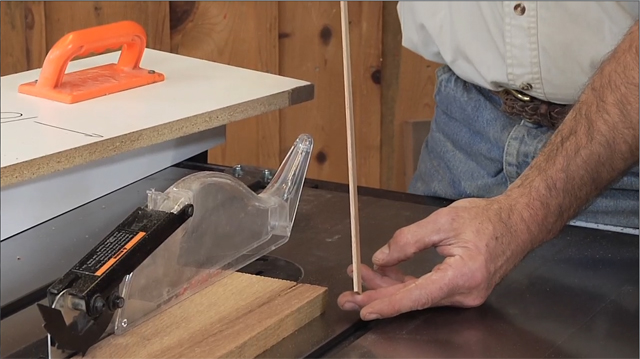
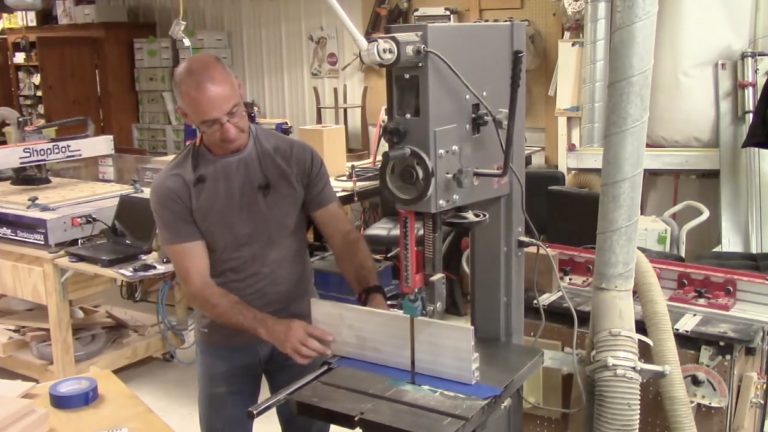
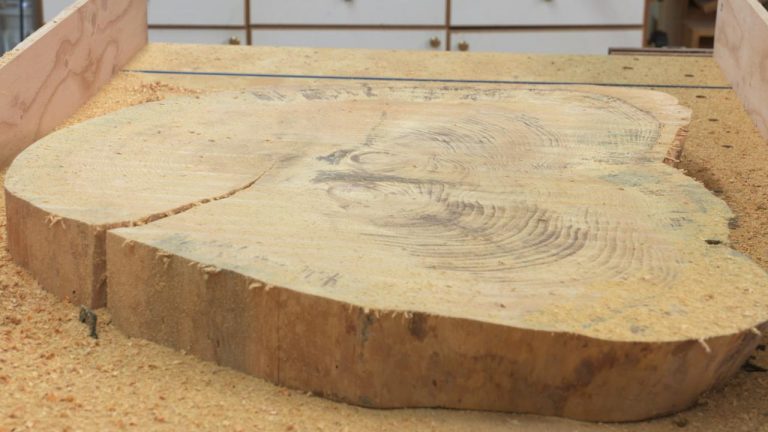
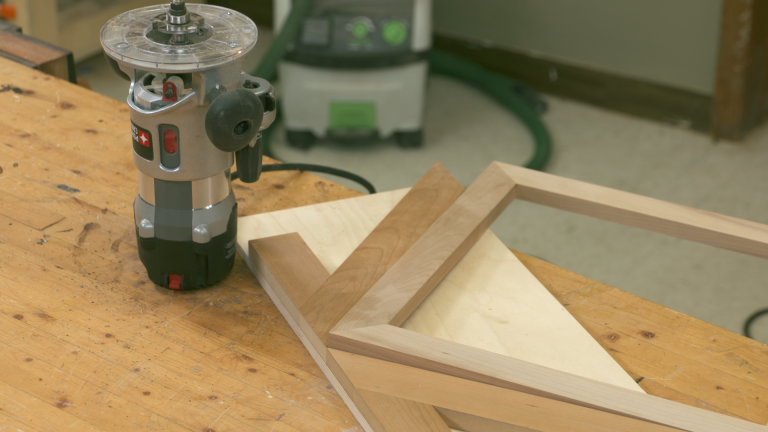
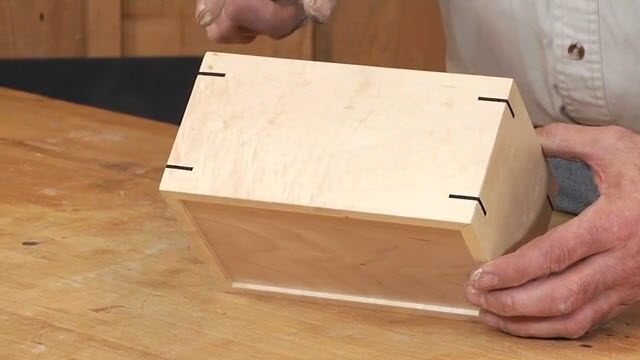


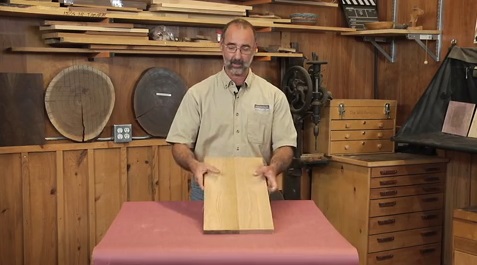
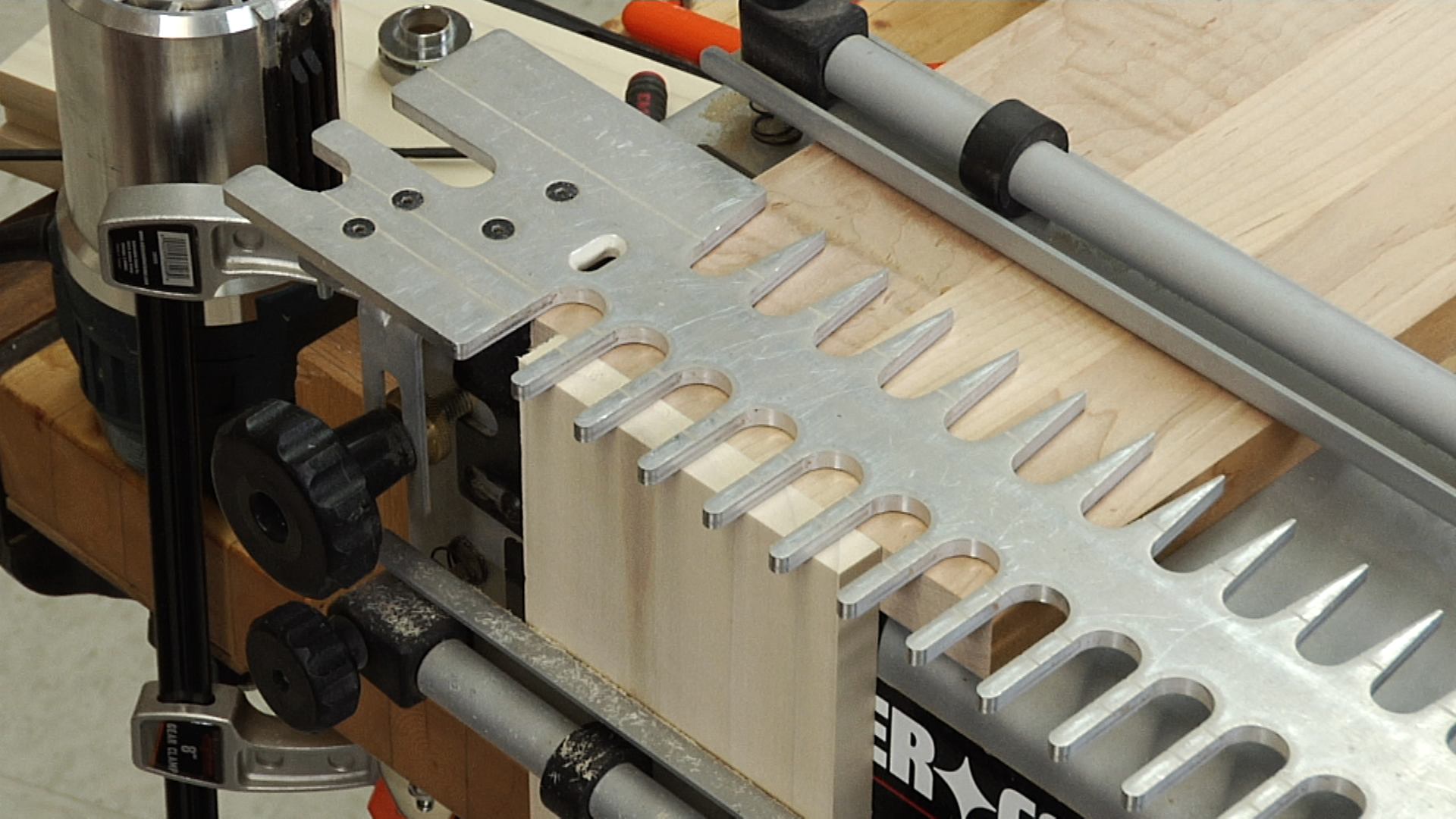
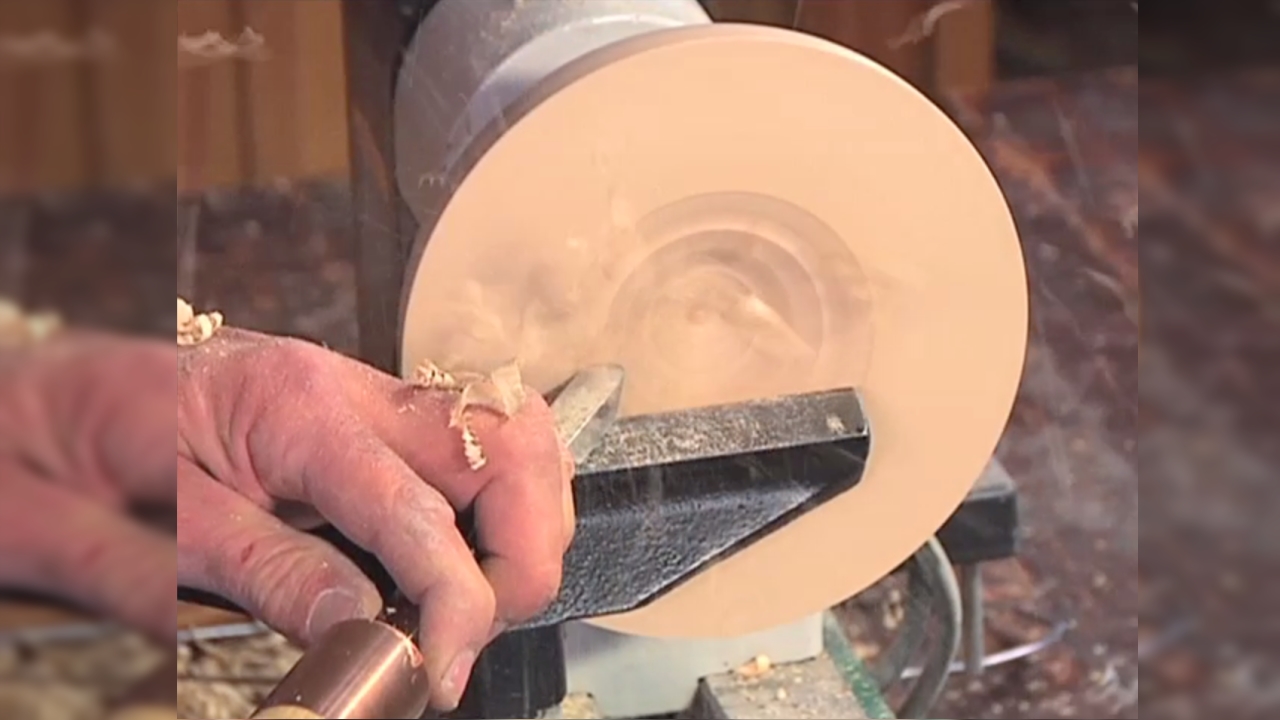

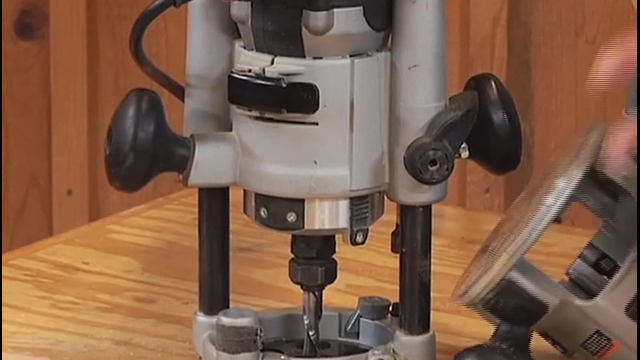
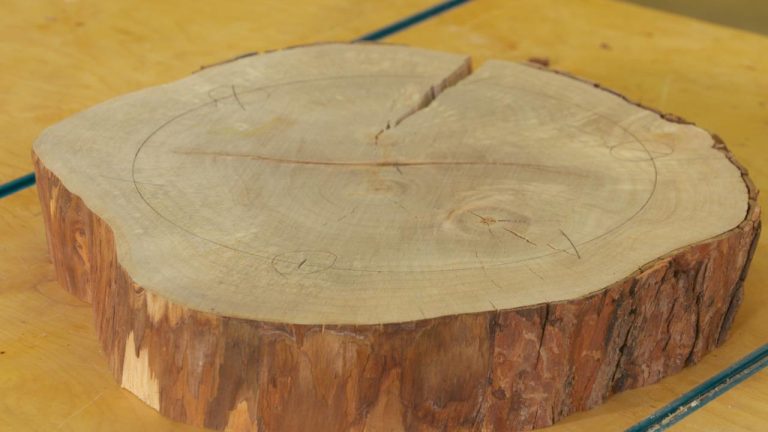
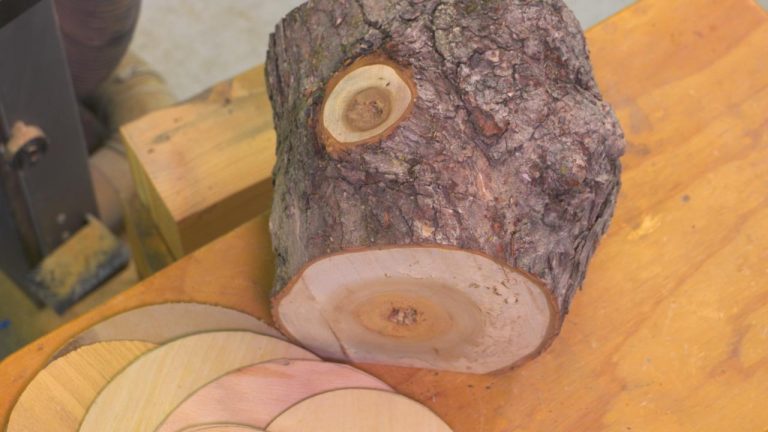

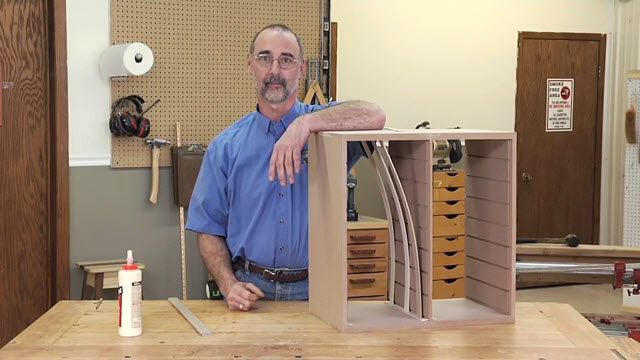
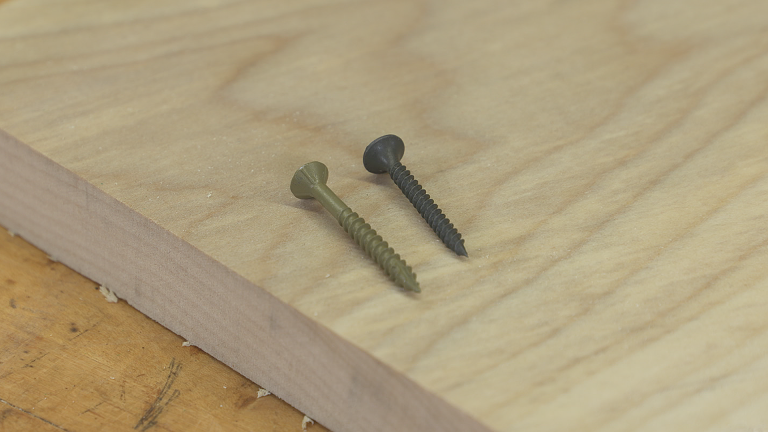
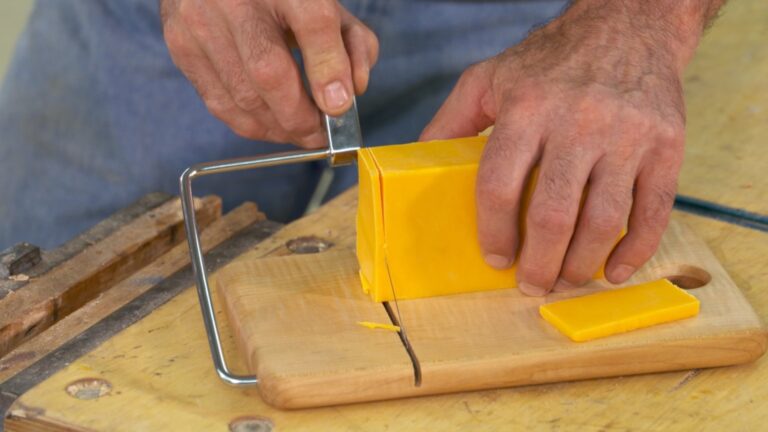
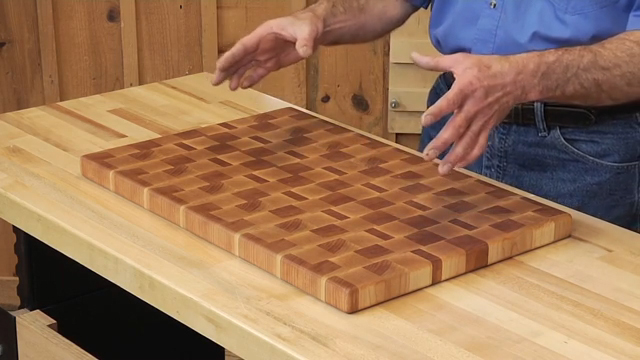
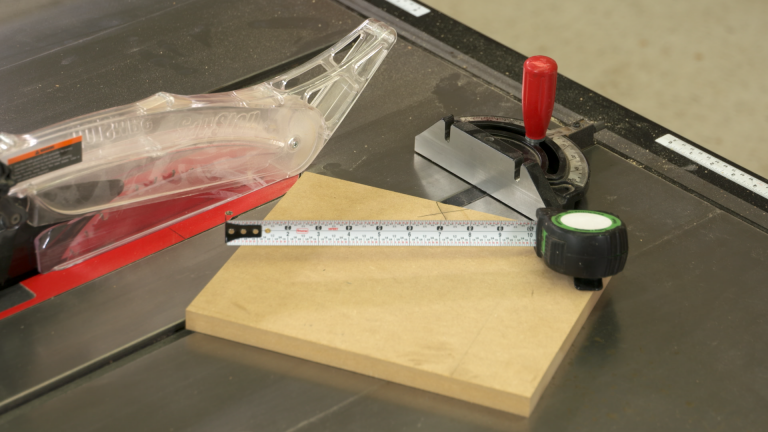
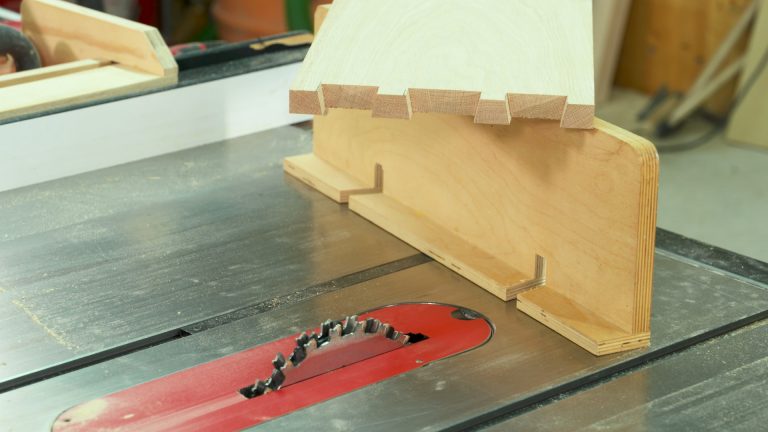
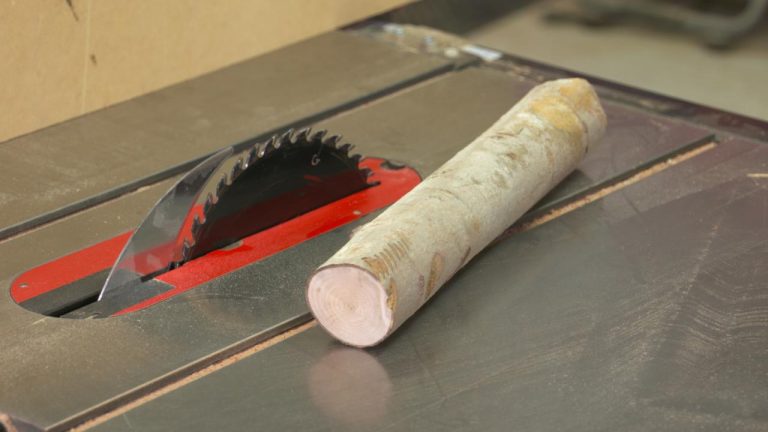
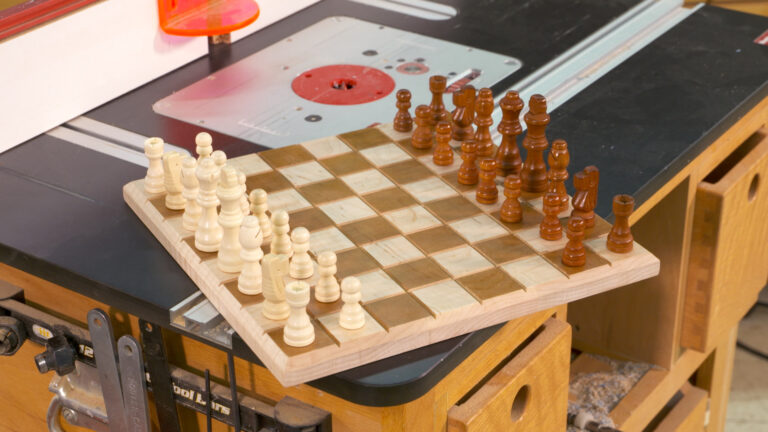
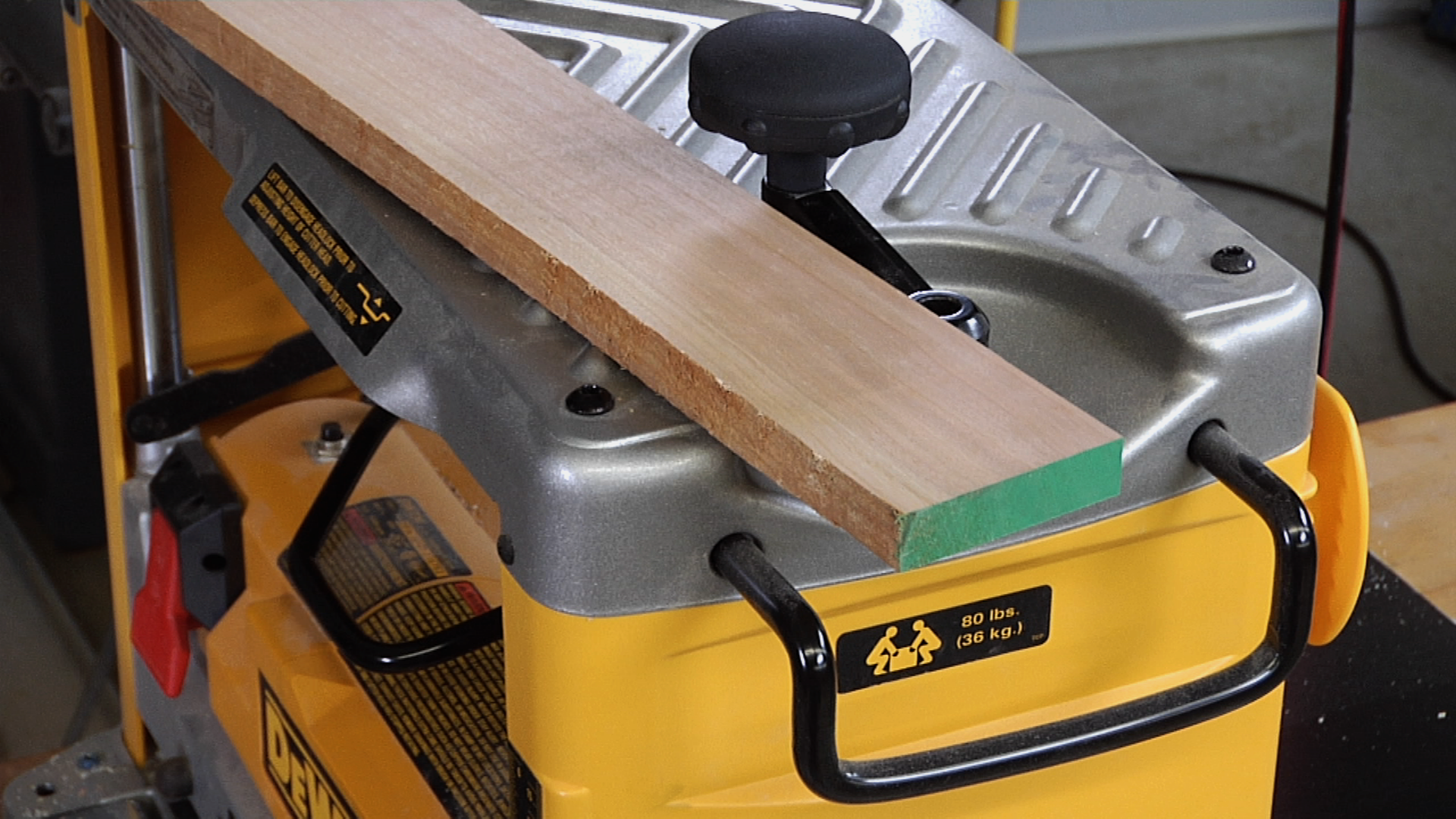
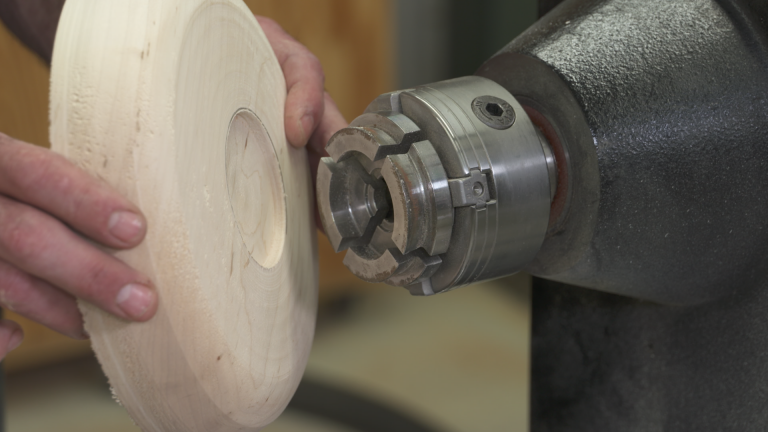
Such a simple cheap alternative to expensive commercially made sleds. Well done.
It is imperitive to wear dust mask when doing this operation.
That was a very good way of doing the flatting of a round of wood. My problem with that is that I do not use power tools only hand tools. How would you all suggest that I do the flatting using say a hand plane would you suggest that I go in a circle so as not to gouge the wood. I understand that you are most power tool advocates and only use hand tools on occasions, well I am the other way around and only use power tools occasionally. So, how would you suggest I tackle the problem.
How is the "gap" between the level and the work surface reduced by shimming the bottom of the workpiece?
I would use a chain saw to level the piece and then sand it smooth. I would use an Festool MFT table to secure the piece to the table and not require the elaborate plywood jig to secure to the table, which seems far too nice to mess up. All in all, I suspect doing it my way would save a lot of time and plywood.
This is the best info on a router sled i have seen so far. The router bit and speed info was excellent.
Great idea. I wonder if a small window (cut out a square and cover with plexiglass) on each side of the router would give you a better view of that has been cut and what remains?? I also see this being useful on more than a cookie. What about a rough-cut mantel piece from a log?
Nice! I plan to build a sled!
Great video!
I was really interested to watch how the operation can be carried on, but video could not opened.